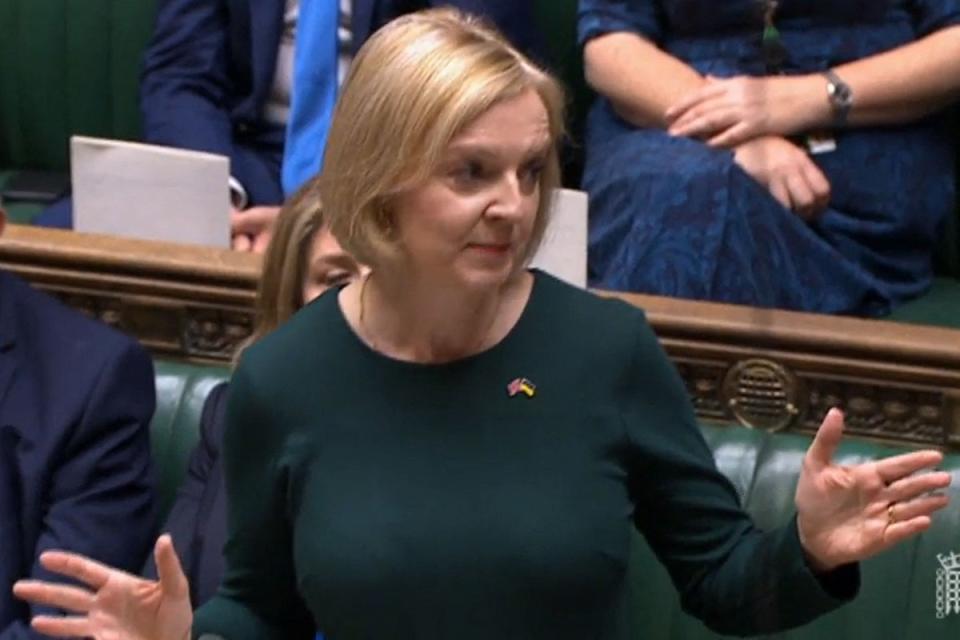Truss’ policy will suppress inflation but stoke interest rates

In separate articles in these pages I previously said that the solution to the cost of living crisis was to lower inflation and that the next Prime Minister would need to adopt more practical policies to help the economy. But I didn’t expect Liz Truss to link those two statements and take them literally, which is exactly what her policy to freeze utility prices does!
Rather than rise from the 40-year high of 10.1% in July to around 14.5% in January, freezing utility prices may mean that inflation peaks at something like 11.5% in November and then falls faster next year.
As a result, the pound in people’s pockets will stretch further than it was going to and they will be able to buy more goods and services than otherwise. That means economic activity won’t be quite as weak. I doubt the economy will avoid a recession. But rather than shrinking by 1.0%, it may contract by around 0.5%. So Truss will be able to say that she’s taken direct action to reduce inflation, lessen the cost of living crisis and limit the depth of the recession.
That said, no economic policy is perfect and this one has plenty of flaws. It will cost the government a lot to pay a chunk of the utility bills of households and businesses. At around £150bn (6% of GDP), the policy is expected to be over twice as expensive as the £70bn furlough scheme during the pandemic. The government’s budget deficit will be bigger and its debt level will be higher.
What’s more, while the policy will reduce inflation in the near term, by supporting economic activity it will boost inflation further ahead. That means the Bank of England will probably have to raise interest rates further and keep them higher for longer to bring inflation back down to the 2% target. I’ve been saying for a while that interest rates will have to rise to 3.00% (from 1.75% now), but a bigger rise is becoming more likely.
This all means the policy will generate some relative winners and losers. The rise in government borrowing will mean that future generations bear the cost of our utility bills. So we all win today, but our children lose in the future. Their taxes will have to be higher as a result and/or the spending on government services they benefit from will have to be lower.
Meanwhile, lower inflation tends to benefit households on lower incomes by more than households on higher incomes. That’s because lower income households tend to spend a higher share of their income on items like utilities, food and fuel, which have been rising in price the most. And higher interest rates tend to hurt higher income households by more than lower income households. That’s because they are more likely to own a home with a mortgage that is rising in cost rather than live in rented housing. So the combination of lower inflation and higher interest rates benefits lower income households who are renting the most and higher income households that own a home with a mortgage the least.
Whatever your political stance on that, the net result is that the policy to freeze utility prices will mean that the economy is bigger than otherwise (or more realistically it’s less small than it would otherwise have been) and that it will emerge from this crisis in better shape than otherwise. And that’s good for everyone whatever your income.
Of course, navigating the economy through the cost of living crisis is only the start. If Truss is really going to make a lasting difference, she’ll need to implement policies that raise the UK’s rate of productivity growth. That’s the single best way to ensure a rise in living standards for all and to lighten the burden on future generations of today’s policy choices. That’s a much bigger challenge.
Paul Dales is Chief UK Economist at Capital Economics

 Yahoo Finance
Yahoo Finance 